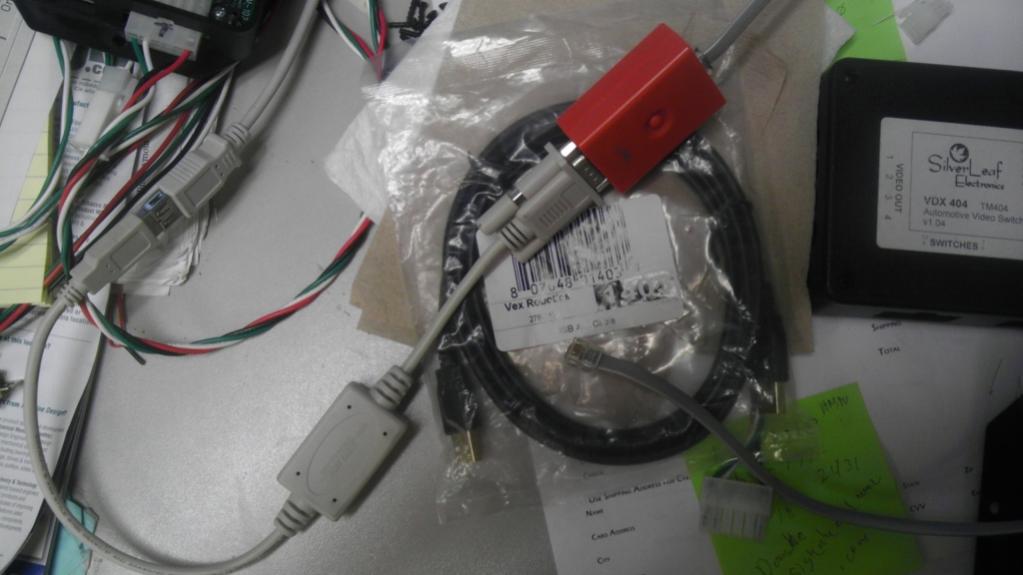


Skipping and skipped do not get their own dictionary entry. Skipping and skipped are listed under skip, as they are inflections of the base word. So if you looked up in the dictionary, then only the base word would get its own entry into the dictionary. If a word has an inflectional morpheme, it is still the same word, with a few suffixes added. The inflectional morphemes -ing and -ed are added to the base word skip, to indicate the tense of the word. Inflectional morphemes change what a word does in terms of grammar, but does not create a new word.įor example, the word has many forms: skip (base form), skipping (present progressive), skipped (past tense). Morphemes can also be divided into inflectional or derivational morphemes. These words are a great way to introduce morphology (the study of word parts) into the classroom.Ĭompound words Inflectional vs. If two free morphemes are joined together they create a compound word. System = root un-, -atic, -al, -ly = bound morphemes In the example above: un+system+atic+al+ly, there is a root word (system) and bound morphemes that attach to the root (un-, -atic, -al, -ly) Morphemes can be either single words (free morphemes) or parts of words (bound morphemes).Ī free morpheme can stand alone as its own wordĪ bound morpheme only occurs as part of a word


These are often spelt the same across different words, even when the sound changes, and often have a consistent purpose and/or meaning. It is very useful to have a strong awareness of prefixes, suffixes and base words. Teaching morphemes unlocks the structures and meanings within words.


 0 kommentar(er)
0 kommentar(er)
